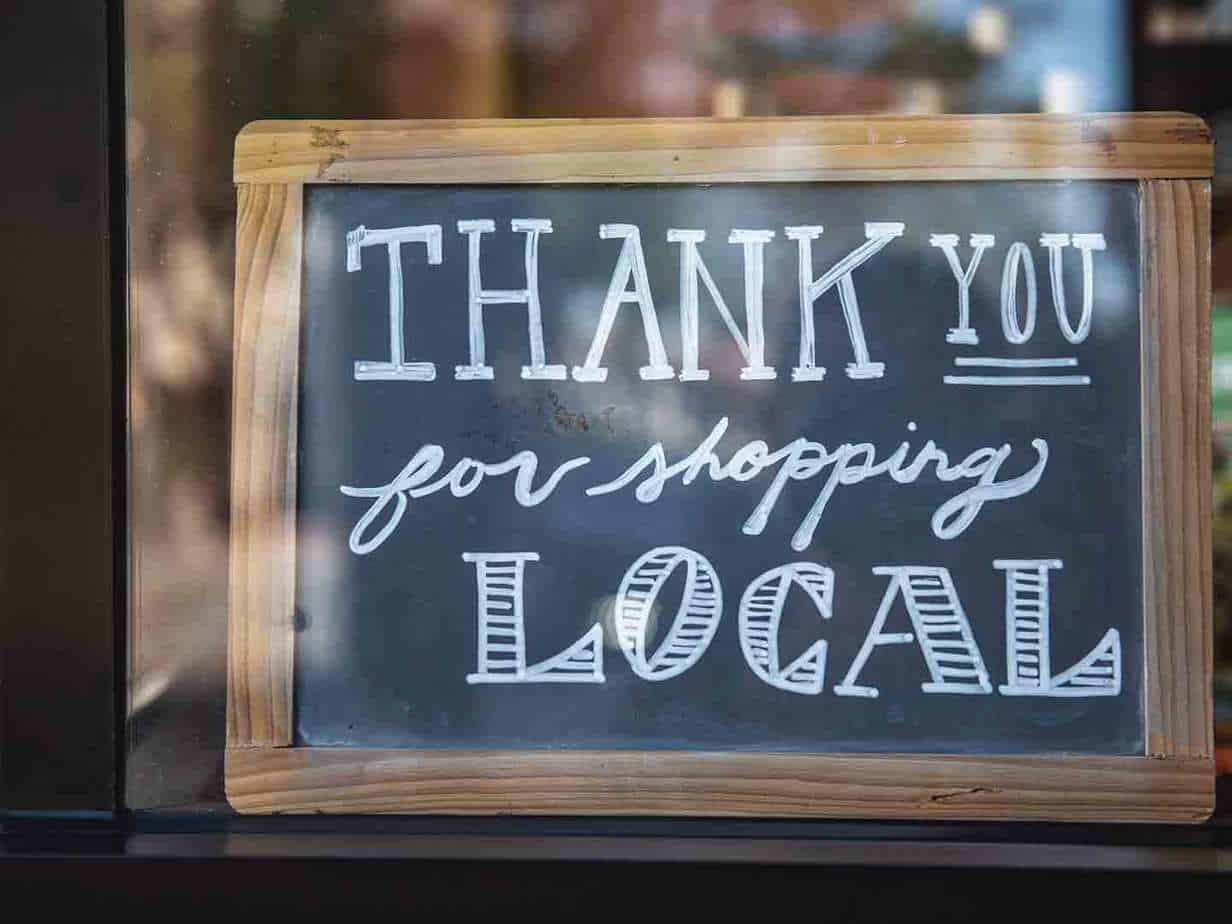
Just how seriously has online retailing dented the business of brick-and-mortar operators? We only need to look at the almost daily reports of stores closing their doors to get a sense of what’s happening in malls and on the main streets of small towns across the country. If you’re working with brick-and-mortar operators, let them know that there is still hope for their businesses. They can compete in the marketplace using promotional messaging.
Online Shopping Is Not Going Away
Surveys show that online shopping is a core experience for today’s consumers. They appreciate the convenience of having products delivered to their specified location — whether it is at home or at work. For many consumers, buying commodities at the best possible price is the key reason to shop online. Raydiant’s recent survey shows that nearly half of people shop more online than they used to. And they gave the following reasons for their online shopping preferences:
- Easy access to discount codes 23.3%
- Price comparison 11.2%
- Transaction speed 10.9%
Brick-and-Mortar Operators Can Compete in the Marketplace by Promoting Experiences
If your clients are selling the same brand of apparel that consumers can find online for a lower price, they face a big challenge. Retailers must emphasize other strengths to attract shoppers so that they can compete in the marketplace. For example, about 44% of men like the in-store shopping experience, while nearly 35% of women say the same.
Part of the in-store experience means the presence helpful associates who can answer customers' questions about the products being sold. Businesses can also attract shoppers by holding in-store events such as product demonstrations that also serve as entertainment for the customers. As we’ve reported before, consumers are always happy to visit a retail outlet for the entertainment factor. And while they are being entertained, they will buy the products and services your clients are selling. Never underestimate the power of experience. It's part of why dining out will always have more appeal than take-out or delivery and why shopping in a store has more charm than browsing pages of products online.
The Importance of Social Causes
While younger consumers prefer online shopping at higher rates than older consumers, your clients shouldn’t give up on this target audience. They can still compete in the marketplace by targeting younger shoppers. Gen Z shoppers, for example, want to support businesses that align themselves with social causes. These shoppers can be enticed to visit a physical store if your client promises to contribute to a popular cause every time they make a sale.
Stores Can Compete in the Marketplace by Promoting Unique Product Lines
Younger consumers have spoken clearly about their desire to purchase products made locally. Your small brick-and mortar operators can compete in the marketplace against large online businesses by carrying locally-made product lines exclusively. Encourage them to negotiate sole retailing rights for locally made products. They may even be able to convince the vendor to help them share the cost of advertising through a co-op funding arrangement.
To learn more about consumers who prefer locally owned products, and those who call themselves local first shoppers, check out AudienceSCAN — available from AdMall by SalesFuel.
